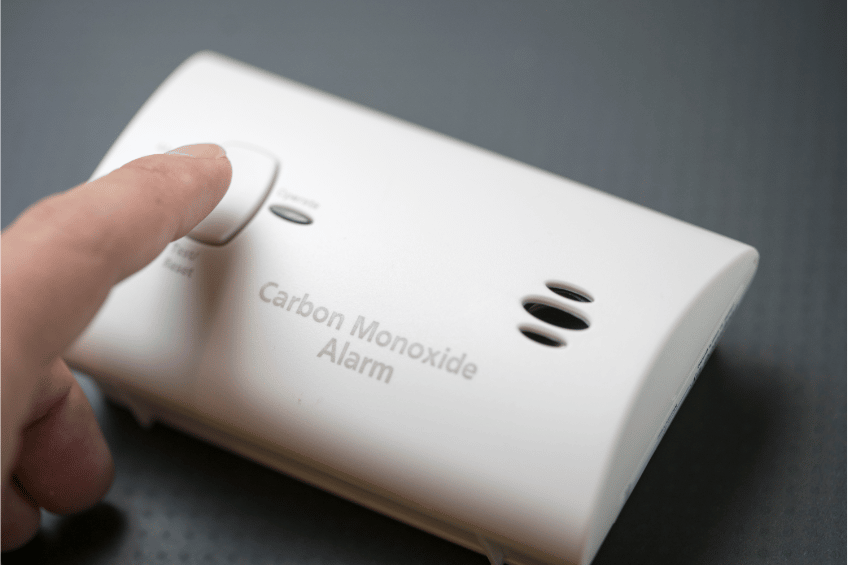How to Prevent CO poisoning?
To limit the risks of carbon monoxide poisoning, it is necessary to be conscious of your surroundings:
- Only have your heating system installed by a certified installer.
- Have your heating and hot water installations and flues checked and maintained every year by a qualified professional: Boilers, stoves, mobile heaters, water heaters, bath heaters, etc.
- Regularly check the color of the flame: blue is good, yellow indicates bad combustion.
- Do not sleep in a room where a water heater or portable heater is burning gas or oil.
- Provide continuous ventilation in rooms equipped with a heater.
- Have chimney flues professionally swept and have their tightness checked, also check the evacuation of smoke from the outside.
- Maintain your ventilation systems in good working order and never obstruct the air inlets and outlets.
- Ventilate the property for at least 10 minutes a day, even during cold weather.
- Follow the manufacturer’s instructions for the use of combustion appliances.
- Beware of car exhaust in enclosed spaces.
- Only use intermittently mobile heating devices that run on butane, propane, oil, etc.
- Always wear a safety mask when using chemicals that contain methylene chloride.
- Do not burn charcoal in an enclosed space, such as on an indoor barbecue.
- Fit an extractor fan in your kitchen (if it does not already have one).
- In case of power cuts: install generators outside of buildings and never in enclosed spaces; they should never be used inside the home, basement, or garage or less than 20 feet from any window, door, or vent.
- Never use appliances not intended for this purpose to heat your home.
- Install at least one CO alarm in your home, in addition to a smoke detector. Smoke alarms warn you of a fire, not the presence of carbon monoxide.
- Test your carbon monoxide alarms regularly.
Very common and highly dangerous, CO poisoning can creep up unexpectedly and leave life-long consequences. But knowledge is power: being aware of it and knowing what to do can save lives. Regularly check your devices, be aware of your surroundings and never hesitate to seek medical attention.

